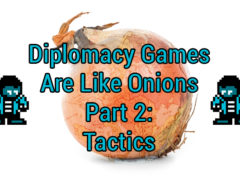
Diplomacy Games are Like Onions, Layer 2: Tactics
The Tactical Layer is deeper than Politics. The positions and movements of each player’s pieces tell you a truer, more accurate story than words.

The Tactical Layer is deeper than Politics. The positions and movements of each player’s pieces tell you a truer, more accurate story than words.
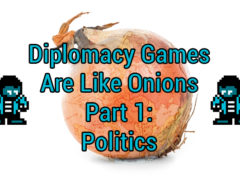
Diplomacy matches are like Onions: they make you cry. Wait, no! They have layers. In this article, I will teach you about the outermost layer: Politics.
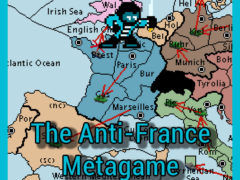
Is there now an anti-French metagame in webDiplomacy’s Gunboat matches? If so, is that appropriate? And what should you do about this development?
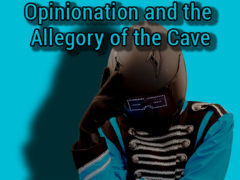
When you treat opinionation as a substitute for learning, that is like the prisoners in Plato’s cave treating the shadows as reality.

Since Diplomacy doesn’t involve randomized gameplay, what are the players trying to describe when they say that “luck” happens during a match?
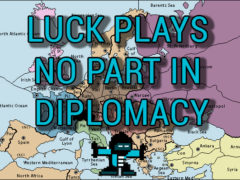
Every so often, I encounter someone challenging this statement from the back of the Diplomacy box: “Luck plays no part in Diplomacy.”
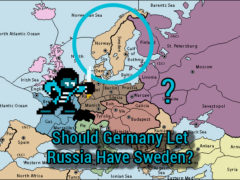
Is it good for Germany to give Sweden to Russia and what consequences will it have on Germany’s game?
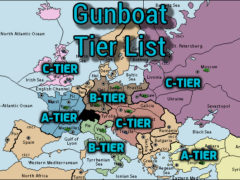
The balance of power in Gunboat Diplomacy skews in favor of countries which have inherent tactical advantages and against those that depend on diplomacy.
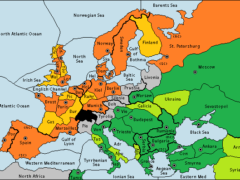
Because so many players seem to be relying on the Gunboat Solo Win introduction page, I decided I should improve it. And then I did!
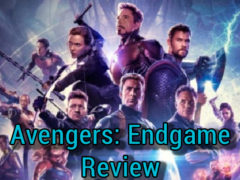
I think Avengers: Endgame earned its 3-hour run-time. I did not find any moment dull. There was so much to take in. I think it deserves a second viewing.